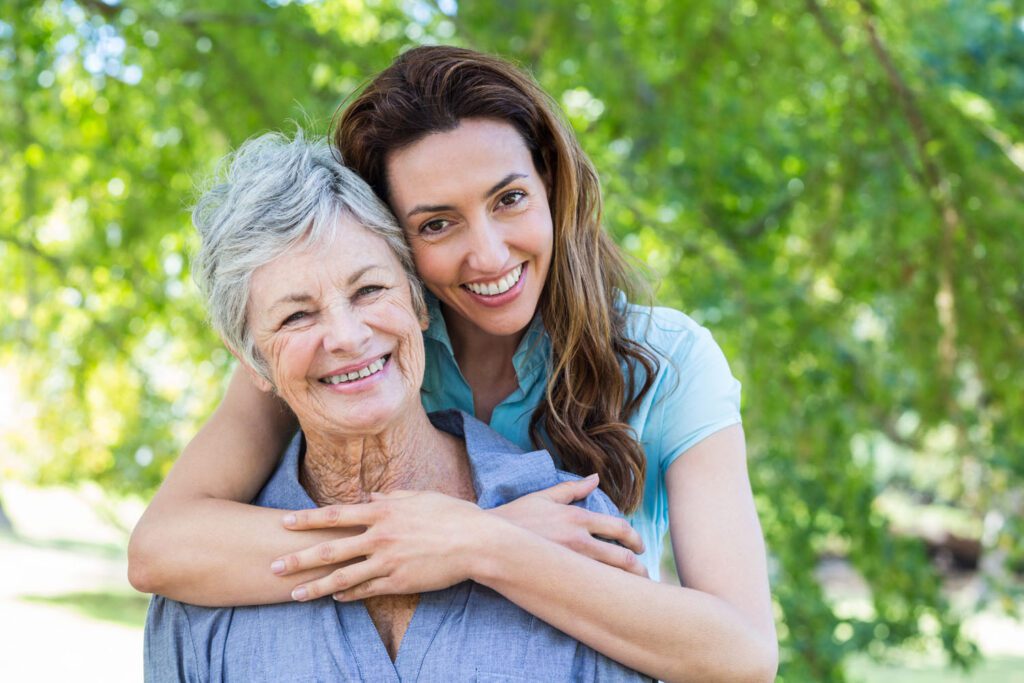Breast pain is a general term that includes sharp breast pain, breast discomfort, and breast tenderness. 70-80% of women experience breast pain and tenderness at some time in their life. It is very rare for breast cancer to present as pain.
What causes it?
Most commonly, changes in hormone levels or changes in hormone sensitivity of the breasts are implicated. This may be due to changes in the menstrual cycle or medications taken. Infection and certain inflammatory changes may also cause breast pain.
Different types of breast pain
- Cyclical Breast Pain: By far the most common type of breast pain which is predominantly caused by hormones. This is non-focal pain and/or tenderness in one or both breasts, often accompanied by swelling, that comes and goes with the menstrual cycle. 20% of patients have spontaneous resolution within three months. Most have decreasing severity of pain over time. 60% have recurrent pain within two years.
- Noncyclical Breast Pain: The next most common type of breast pain. May be related to inflammatory causes, trauma, a biopsy, surgery, or can be associated with large, poorly supported breasts. Usually affects one breast and is more focal than cyclical breast pain. May be worse in cold weather. Usually shorter duration than cyclical breast pain with spontaneous resolution occurring in up to 50% of patients.
- Extramammary Pain: Pain from outside the breast may be misinterpreted as breast pain.
Next Steps after obtaining your screening mammogram:
- Make an appointment with your primary care provider for a clinical breast examination
- Targeted ultrasound may be considered for further evaluation of any area of clinical concern, or if the pain persists for greater than 3 months.
- Otherwise, screening mammography in one year is recommended
Management of breast pain after obtaining normal findings on clinical examination and imaging studies is aimed at symptomatic relief.
- Support garments: A well-fitting brassiere to better support the breasts
- Compresses: Warm or cold compresses and/or gentle massage may be beneficial
- Medications:
- Tylenol or other oral pain medications
- Topical pain-relieving gels have been proven in clinical trials to give relief such as Voltaren, Aspercreme and Nuprin
There is no clear evidence to support the elimination of caffeine, taking Vitamin E or Evening
Primrose Oil to reduce pain, however some women have claimed this is helpful.

